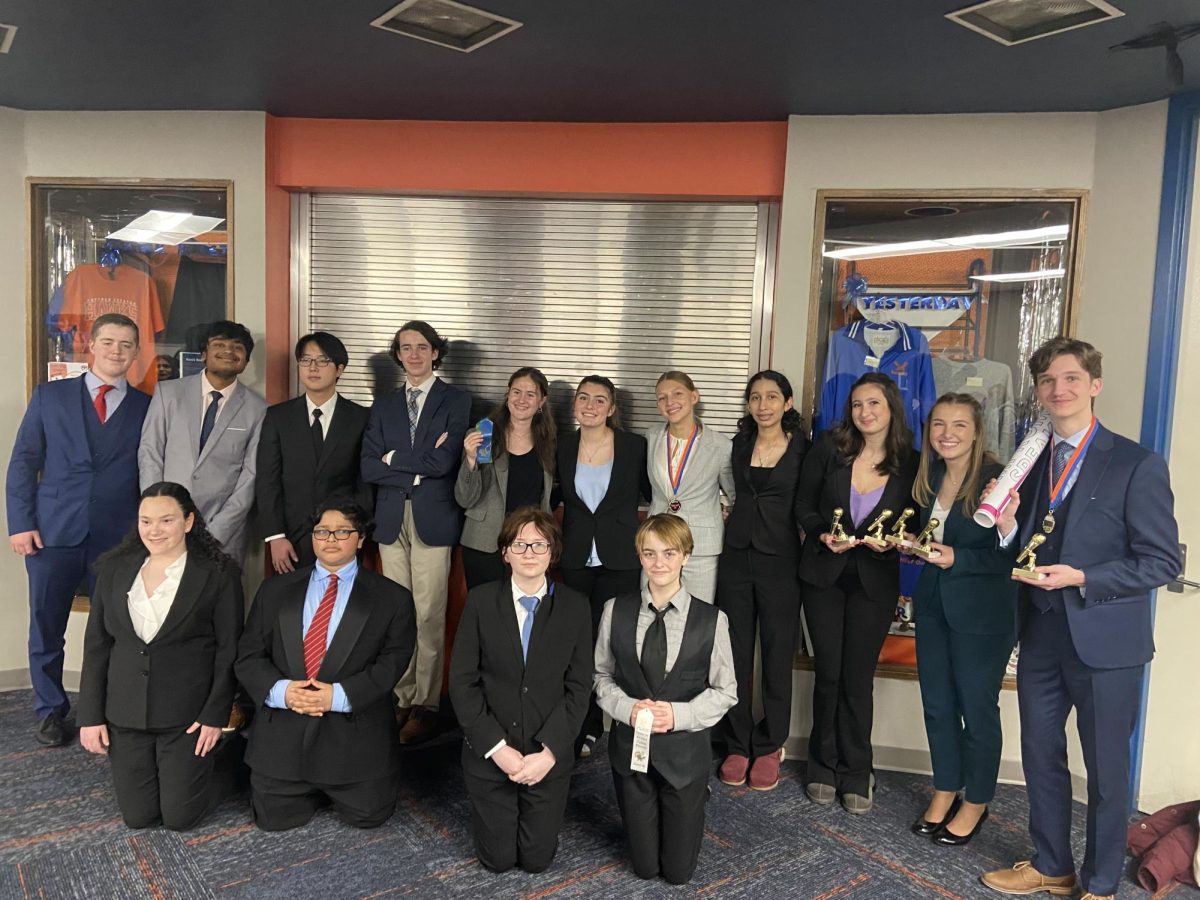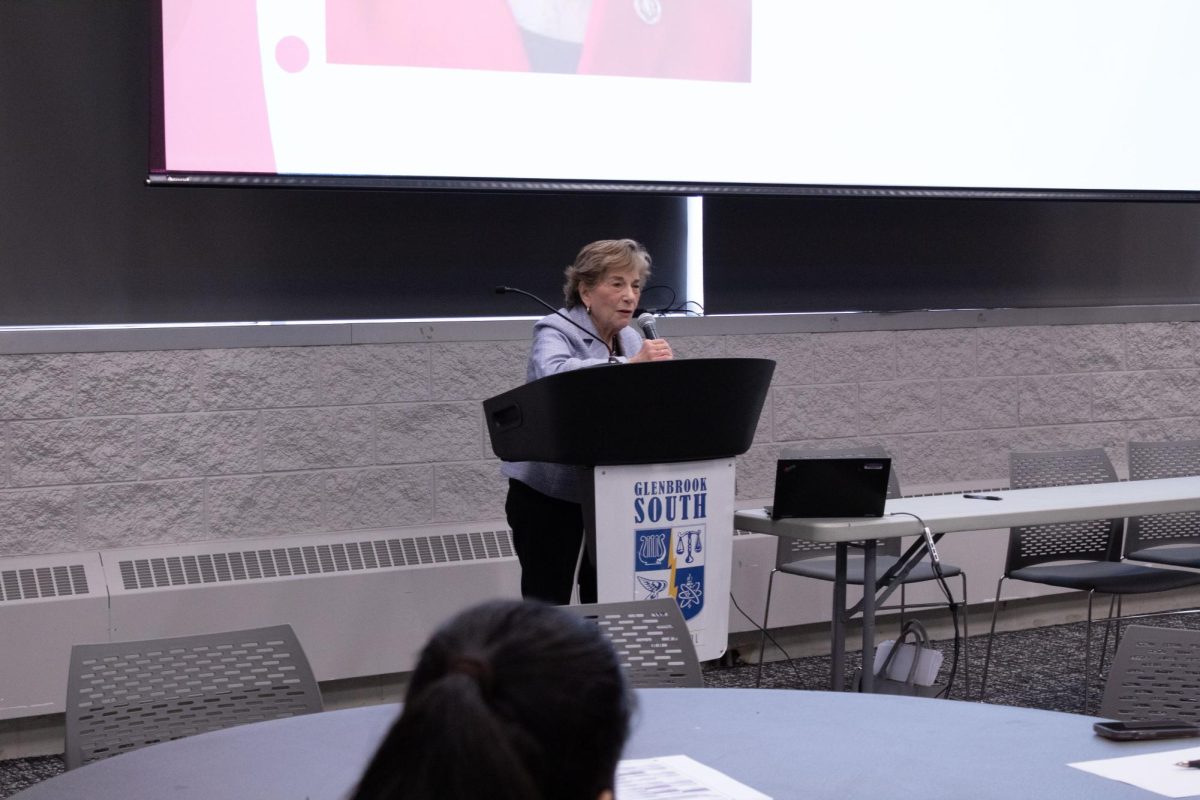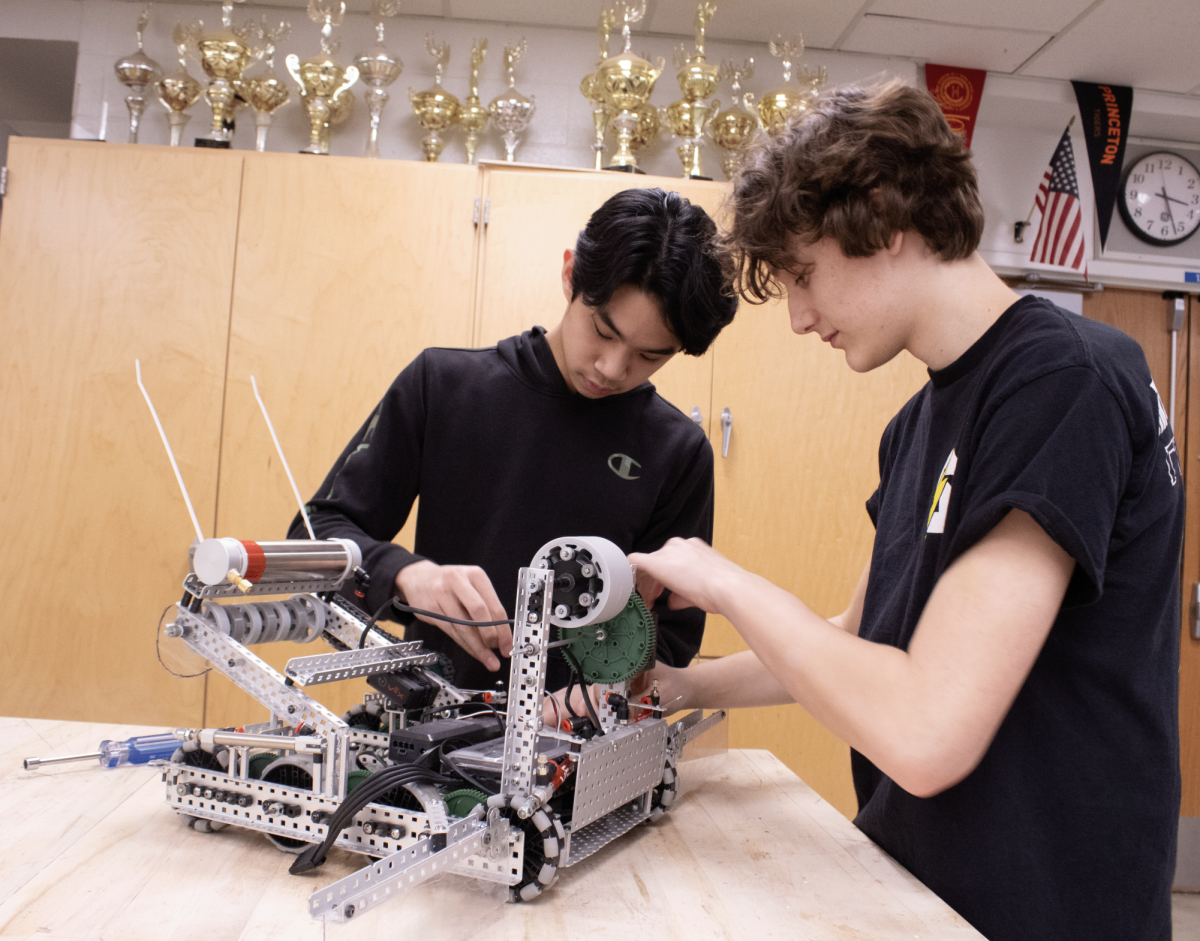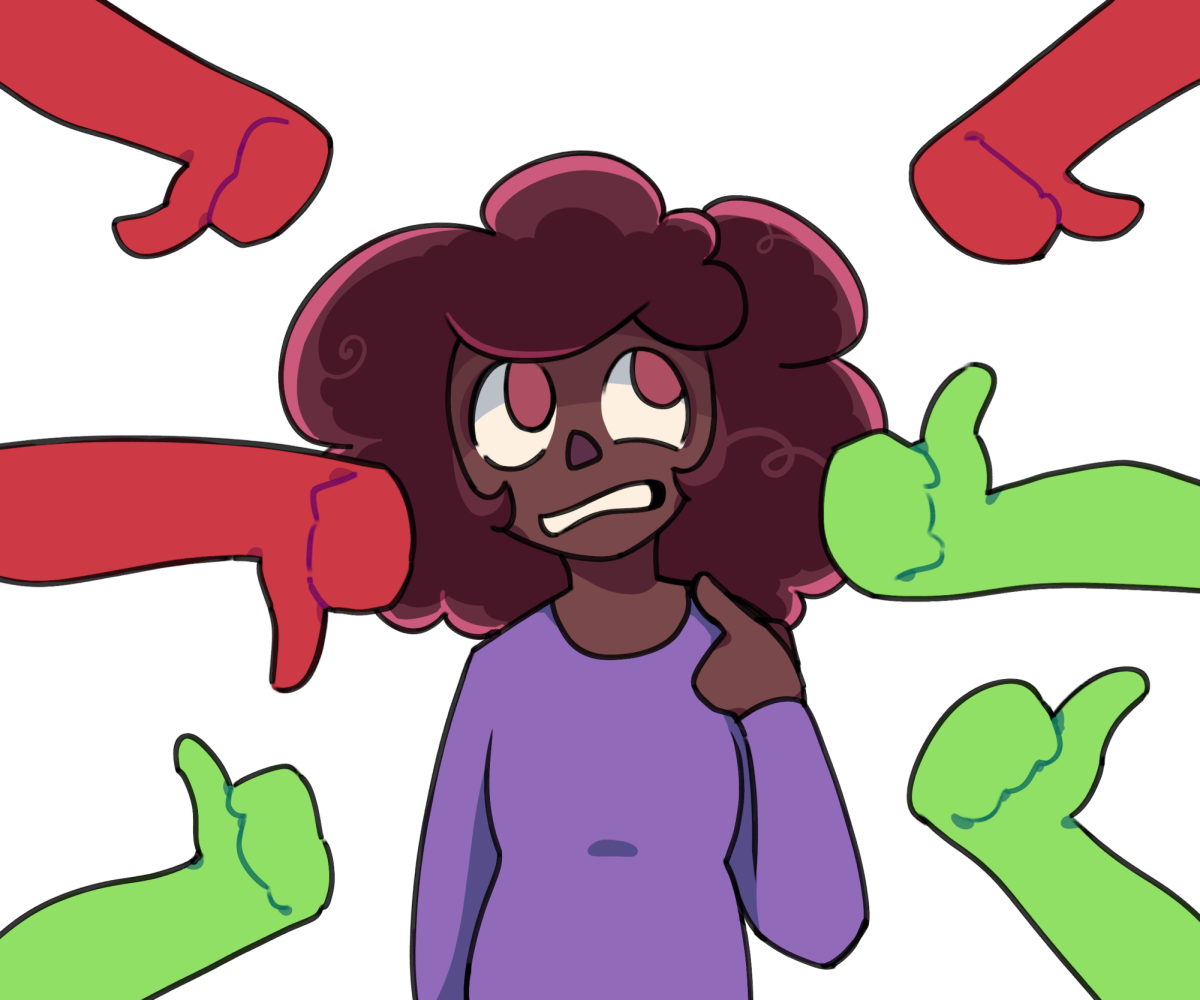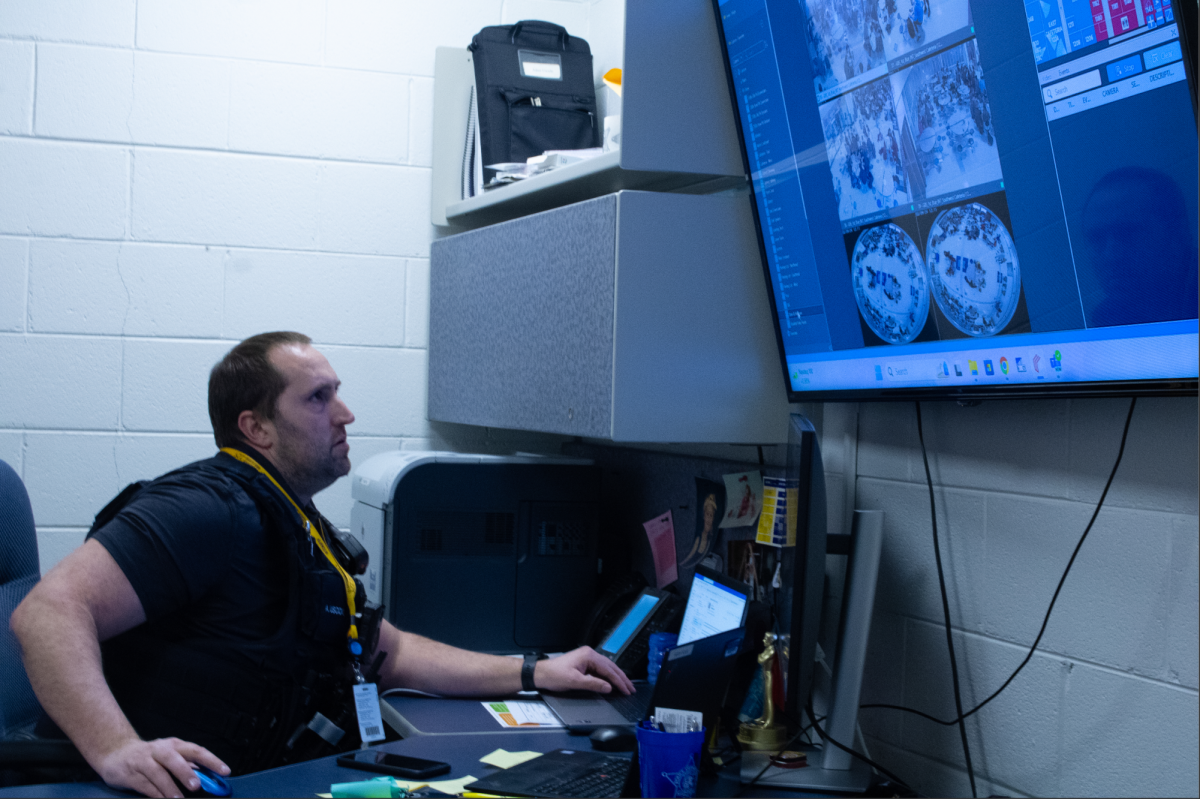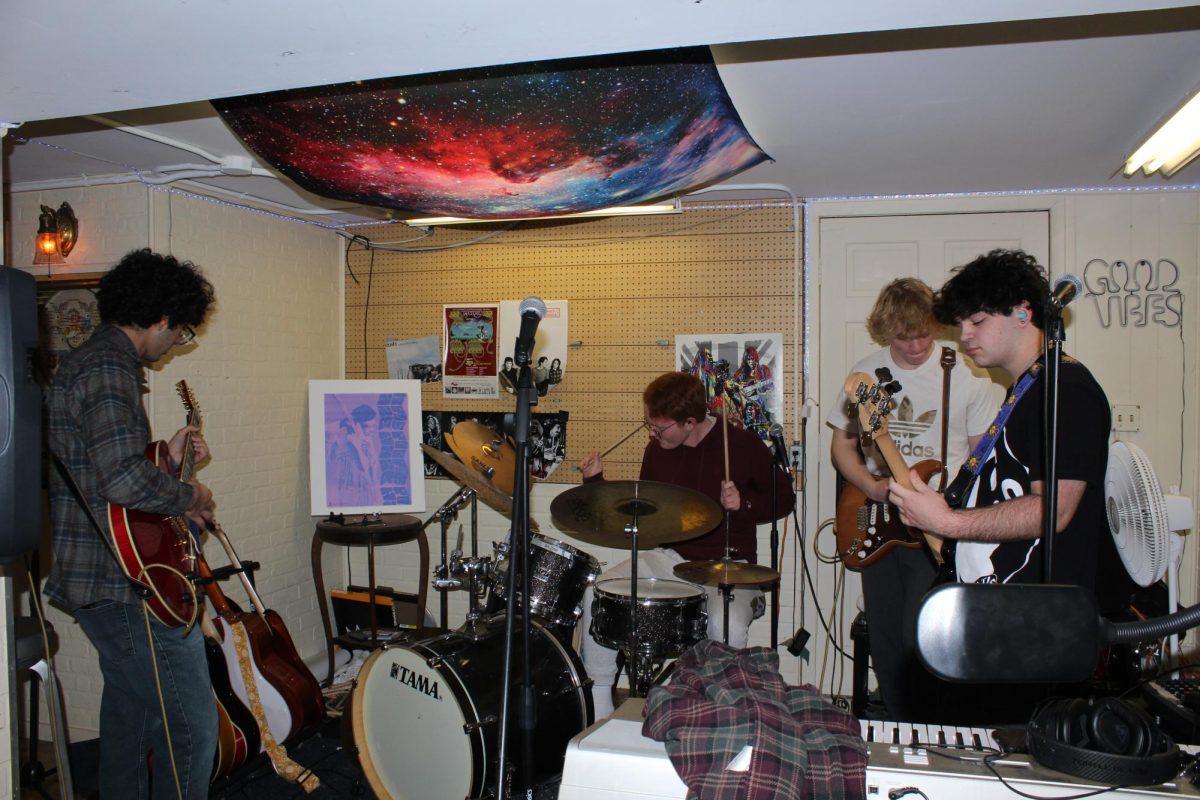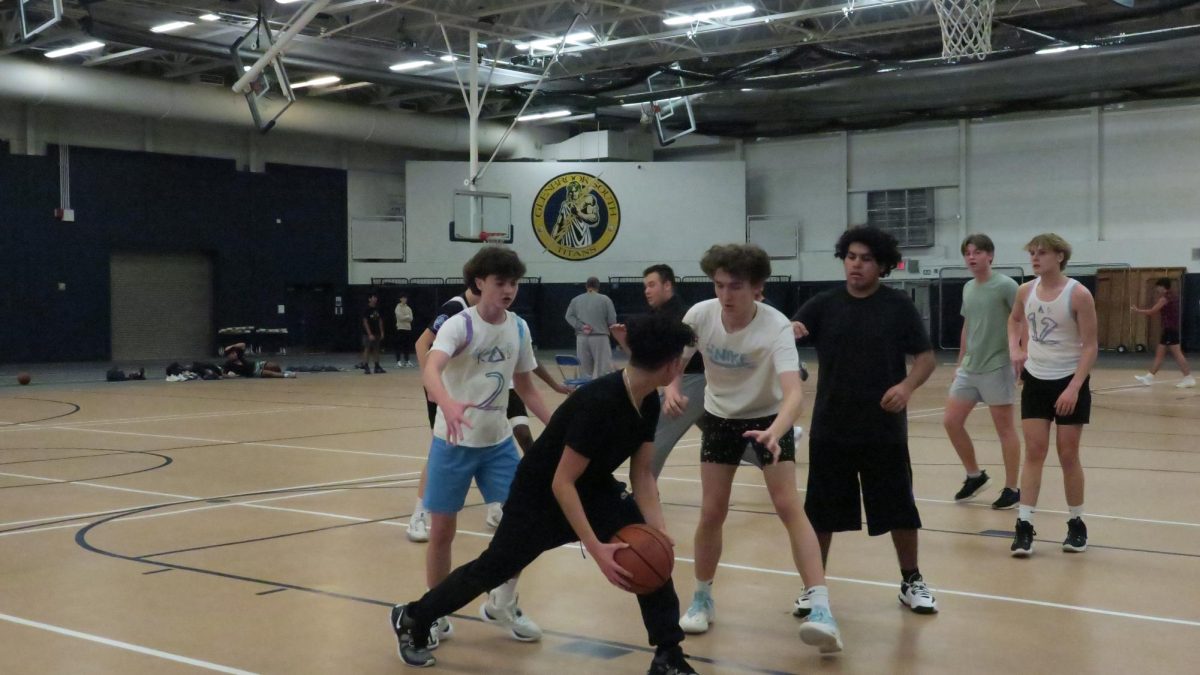Two bombs detonated 12 seconds apart near the Boston Marathon finish line at 2:50 p.m. April 15, causing three fatalities and at least 175 injuries, according to The Boston Globe. The cause of the explosions was unknown, according to a White House official when The Oracle went to press.
Among the more than 27,000 runners participating in the marathon were Diana Starcevich, English administrative assistant, and her husband, Scott; Paul Herzog, former South guidance counselor; and their friends Peggy and Matt Dettloff (mother and son). Diana said that she crossed the finish line approximately 15 minutes before the blasts went off.
“I was asking a guy where the bus was for my gear check, and we were talking, and I heard that boom, and I mean, that was loud,” Starcevich said. “I knew right away […] it just didn’t sound right. […] My husband and I were leaving and then just that quick, that second one went off […] No one knew what was wrong, and people were running past us, leaving, and we had to go back in the direction people were running from because […] we had agreed to meet [there].”
Herzog explained he met up with Diana, Scott and Matt at their designated area, but the last notice they had gotten from Peggy was a text message at her 40k mark, about two miles to the finish line. According to Diana, it took them about an hour and half before they made contact with Peggy. Herzog said the relief he felt once the group reached her was tremendous.
“Peggy walked up Heartbreak Hill [during the marathon], and she should’ve been running, and I would’ve usually yelled at her for being a slacker, but because of that, she was probably a minute behind the finish, where she should have been [if she hadn’t walked up the hill] right at the time of the explosion,” Herzog said.
Similar stories of miraculous coincidences are springing up, according to Herzog. Adam Vevang, Boston University (BU) student and 2012 South graduate, said that he and his friends were planning to go to the finish line around 2:30 p.m. but decided to eat in the cafeteria first. Vevang and his friends learned of the explosions from the cafeteria TV.
“We could’ve been standing right where the second explosion went off […] I don’t like to think about it just because I’m really thankful that for some reason, my stomach wanted me to eat [and that] I’m here right now,” Vevang said.
According to Vevang, his cousin also goes to BU, and Vevang couldn’t contact him as phones were ringing constantly yet cell service was not cooperating in the hours after the explosions. He said that students at BU were walking up and down the river on phones, shouting out whenever they were able to get ahold of someone.
“I wasn’t able to get ahold of my cousin for two hours […] That was hard because you start to think the worst,” Vevang said. “I started to hear my cousin’s voice in my head, and I started crying because I couldn’t help it […] You can’t help but think the worst but hope for the best.”
Vevang described the atmosphere in Boston April 16 as tense and cautious. According to him, it is odd that such a celebrated day in the city has suddenly become an event full of grief, and sirens can be heard frequently throughout the city, adding to the sense of panic that something else could happen at any second.
“You walk down the streets on our campus, and you can’t read anyone’s mind, but it seems like everyone’s got a thought bubble that you can see above their heads, and you know exactly what they’re thinking about, and it’s quiet, and it’s eerie,” Vevang said.
Despite the fact that the Boston Marathon will now always be associated with the bombings, according to Herzog and Diana, they will not let it stop them from competing in future races, even in Boston.
“One of our friends back in Chicago said, ‘You know what, we can’t let our kids go to school, that’s dangerous. We can’t go to movie theaters, that’s dangerous. We can’t go to a sporting event, that’s dangerous now’,” Herzog said. “I think we all agreed we’re not going to let them win by scaring us away […] We can’t let this ruin a really positive experience.”





